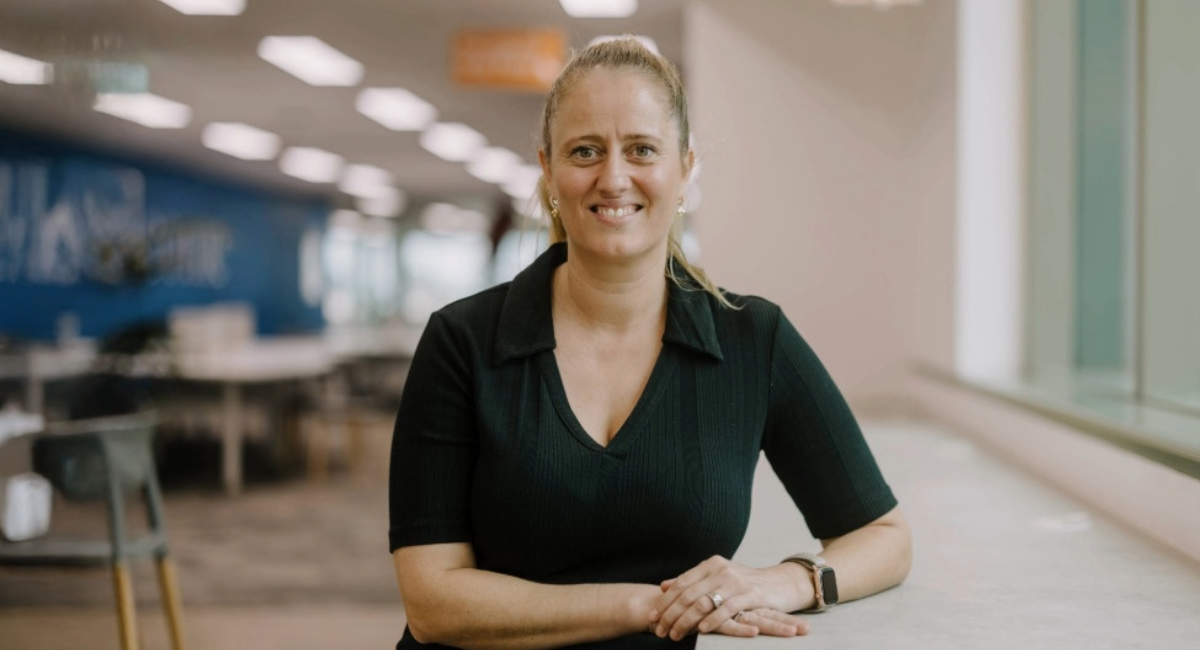Heart failure occurs when the heart begins to function less effectively in pumping blood around the body. It can occur suddenly, although it usually develops slowly as the heart gradually becomes weaker. Heart failure can result from a variety of diseases and conditions that impair or overload the heart, including heart attack, high blood pressure, damaged heart valves or cardiomyopathy. There is no cure for heart failure. In 2022, an estimated 144,000 people aged 18 and over were living with heart failure, and 71% are 65 and over. Heart Failure was the underlying cause of death in 5000 cases and was an associated cause in a further 28,600 deaths.
Heart Failure Workshops
The ACvA convened a series of national meetings and workshops, facilitated by Professors Peter Macdonald and Patricia Davidson to identify research priorities across the research pipeline that, if addressed, have the potential to improve heart failure management, enhance patient outcomes, and reduce hospital readmission and health system pressures. From these workshops heart failure and frailty was identified as a key research priority.
Heart Failure and Frailty Priority Area
Heart failure and frailty frequently coexist, exacerbating each other's impact and resulting in poorer outcomes. More than half of all patients with heart failure are affected by frailty leading to worse outcomes. Importantly, frailty is largely reversible through proper exercise, nutrition, social engagement and support networks, and optimised medication use. However, these frail patients with heart failure are often not receiving guideline-based care due to perceived risk of adverse health outcomes.
Despite its impact, frailty is often under recognised, under treated and underfunded. Frailty is not routinely assessed in clinical practice, even though it strongly predicts poor outcomes and can be reversed with timely treatment. Developing new models of care for heart failure and frailty has broad application for improving the quality of life and independence for the aging Australian population.
There is currently no consensus on when or how to measure frailty, even though assessment is essential for identifying individuals who may benefit from interventions. Proven programs that prepare high-risk, frail patients before heart surgery are effective (prehabilitation) but not widely used. There's an urgent need for standardised approaches in this important area.
Co-leads: Dr Julee McDonagh and Professor Caleb Ferguson.

Heart Failure is an unmet need
Every day, heart failure claims the lives of nine Australians. It’s a serious and often overlooked condition that affects the heart’s ability to pump blood effectively, leading to fatigue, shortness of breath, and reduced quality of life.
Australians are living with heart failure.
in healthcare expenditure was attributed to Heart Failure in 2022-23.
Stroke Rehabilitation Priorities
Project Title | Description |
|---|---|
Automating Frailty Detection in Heart Failure Patients Using AI | This project aims to automatically identify signs of frailty from existing clinical notes, giving health professionals a powerful tool to intervene earlier and improve patient outcomes. |
News and Publications
Browse the latest blog articles, research insights, and educational resources in cardiovascular and stroke health.

Dr Julee McDonagh - Improving Outcomes for Heart Failure Patients Affected by Frailty
Dr. Julee McDonagh’s career journey from nursing to research has always been driven by a desire to improve clinical practice and patient outcomes. Like many researchers, her direction has been shaped by chance encounters, sideways roles and inspirational colleagues.

Press Release: National Initiative Aims to Improve Outcomes for Heart Failure Patients Affected by Frailty
Approximately 50% of adults living with Heart Failure are classified as frail, resulting in poorer health outcomes, higher hospitalisations, and increased mortality rates.

Professor Caleb Ferguson - Fostering Unified Efforts to Enhance Patient Outcomes in Heart Failure and Frailty
National multidisciplinary collaboration is vital for advancing cardiovascular research and care. By breaking down silos and incorporating diverse perspectives, particularly those of patients, researchers can ensure their work has a meaningful impact on improving patient outcomes and quality of life.
Join Us in Making a Difference
Join our communityBe part of a national community shaping cardiovascular and stroke research. Get involved today.
